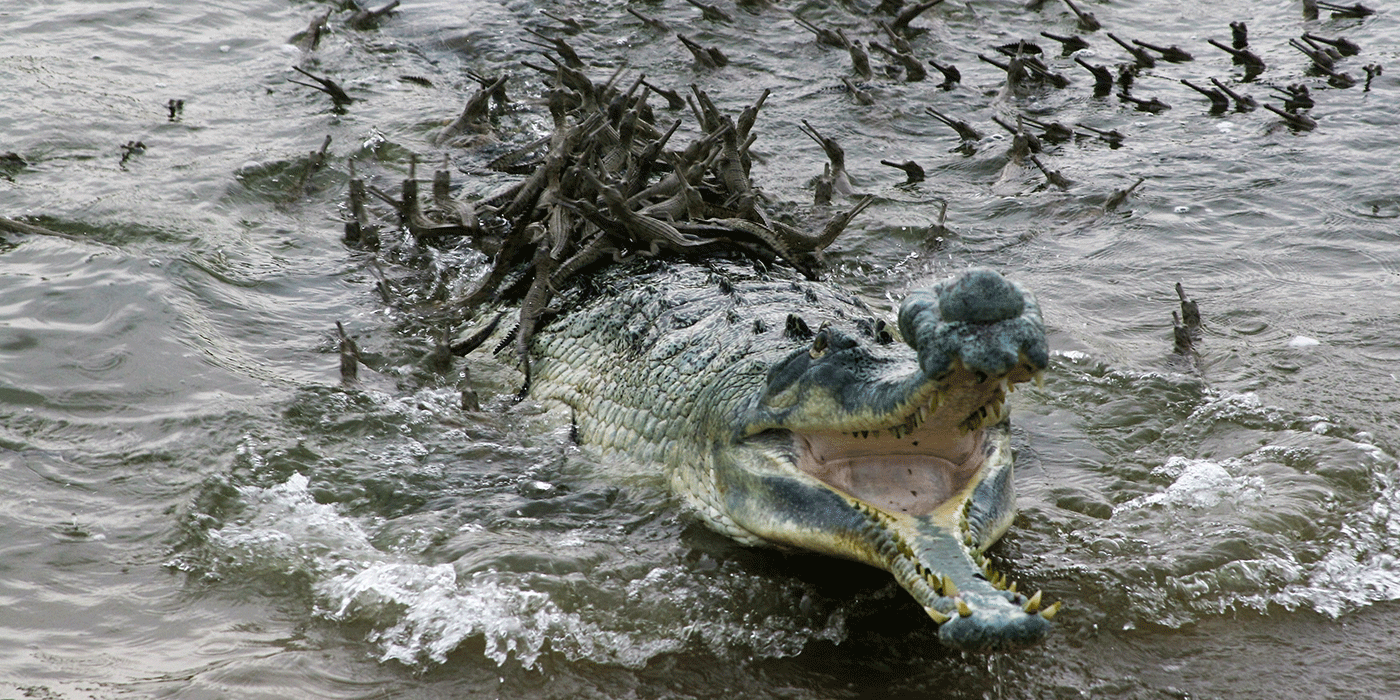Zoo Improvement Collaboration in India
As a part of the Smithsonian’s mission to increase and diffuse knowledge, Smithsonian's Global Health Program is a contributor to the partnership between the Smithsonian’s National Zoo and Conservation Biology Institute and India’s Central Zoo Authority. This collaboration aims to share best-practices in veterinary medicine and diagnostics with zoos in India, which are rapidly growing and improving their standards of animal care. A team of four Smithsonian delegates were chosen to provide evaluation and feedback for five zoological organizations in India. SGHP’s team member was Dr. Kali Holder, a veterinary pathologist and Morris Animal Foundation Global Health Fellow, who represented SGHP’s expertise in international training and infectious disease diagnostics.
As India develops a stronger zoological park system and conservation gains higher priority, the Central Zoo Authority is reaching out to experienced zoological organizations in Western countries to help guide them in improving both conservation science and animal quality of life. India also faces unique natural challenges to zoo organizations, ranging from endemic diseases to wild elephants and leopards invading the exhibits. Widespread threats such as rabies, tuberculosis, and the canine distemper virus threaten collection animals and human health. The Smithsonian team was able to develop a plan to combat current outbreaks, reduce future mortality, improve breeding management, and enrich the lives of collection animals at locations in New Delhi, Etawah, Bannerghatta, Mysore, and Chennai.
In the photo, a critically endangered male gharial (Gavialis gangeticus) defends his hatchlings in the Chambal River, Uttar Pradesh.
Related Species:

